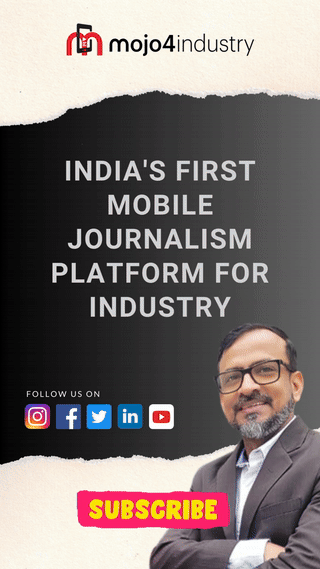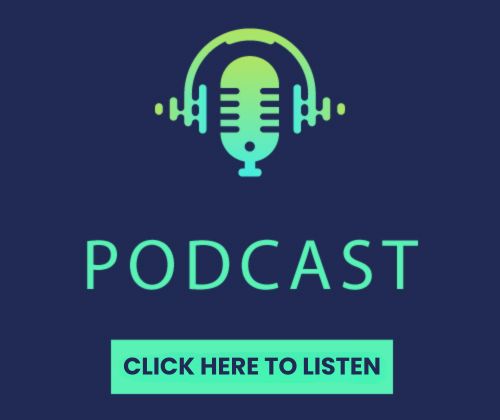HANNOVER MESSE 2024: “Powerhouse for promising upswing”
“HANNOVER MESSE 2024 was both an industrial powerhouse and a technology trade fair for the future,” remarked Dr. Jochen Köckler, Chairman of the Managing Board, Deutsche Messe AG, at the closing press conference for HANNOVER MESSE 2024. “It was an industrial powerhouse because visitors found answers to how they can profitably take advantage of automation, artificial intelligence, hydrogen and many other high-tech solutions in their factories, thus making them fit for the future. And it has been a future-oriented technology trade fair, since the innovations that drive industrial competitiveness and sustainability were on display here.”
The more than 130,000 visitors from 150 nations traded ideas with some 4,000 exhibiting companies on ways of digitalizing their value chains and making them more resilient. “This means we achieved our ambitious visitor target in a year where HANNOVER MESSE was smaller due to the biennial rotation of several of its component events,” said Köckler. More than 40 percent of visitors came from abroad. Apart from the host nation of Germany, the top visitor nations were China, the Netherlands, South Korea, the United States and Japan.
Dr. Gunther Kegel, President of the ZVEI association and Chairman of the HANNOVER MESSE Exhibitor Advisory Board, stated, “In the current difficult economic environment, this year’s Hannover Messe is a key morale booster. Companies from the electrical and digital industry have impressively demonstrated how innovations, especially the use of artificial intelligence, are opening up new options for more climate protection and greater efficiency in energy consumption and the use of resources. But also for more optimism. We can confidently take on major social challenges such as curbing global warming if we adopt the right measures and consistently pursue the path towards electrification, digitalization and automation. Hannover Messe has once again made the innovative strength of our companies visible and thus made an important contribution to strengthening Germany as an industrial location,” he concluded.
Thilo Brodtmann, Managing Director, VDMA association, added, “Thinking far beyond day-to-day matters and developing solutions for digital and climate-neutral production – that is the goal of innovative mechanical engineering firms. At this year’s HANNOVER MESSE, they demonstrated how factories can be controlled more intelligently, how climate protection can be achieved more quickly with modern means of production and how autonomous systems can make production safer and more efficient on many levels. In addition, biology and its processes will move into production – the first steps here have already been taken. Hannover Messe remains the best place for all these innovations and for a true spirit of optimism, because manufacturers, customers, political decision-makers and the media come together here in greater numbers than anywhere else.”
From solutions such as the automation of entire production plants, the voice control of machines using AI, the efficient use of hydrogen in industry to the use of software to record and reduce the carbon footprint, HANNOVER MESSE offered a comprehensive picture of the technological opportunities for the industry of today and tomorrow. New fields such as the “biologization” of the economy and carbon management were also brought into focus. And the initiative to create sovereign data spaces for small and medium-sized industrial enterprises under the “Manufacturing X” label is also gaining momentum.
This year’s HANNOVER MESSE also offered an ideal platform for start-ups looking to break into industry with their solutions. More than 300 young companies used the trade fair to network with representatives of industry. This was supported by the trade fair’s targeted networking opportunities and master classes. According to Köckler, his company’s efforts to promote young companies bore fruit: “The exchange between start-ups, investors and industrial companies was much more intensive than in previous years, encouraging us to give this topic even more space at HANNOVER MESSE 2025,” he said.
In a particularly unique way, HANNOVER MESSE served as a mainstay for economic policy agenda-setting this year. “HANNOVER MESSE made technological progress tangible for politicians,” reported Köckler. “The potential of the technologies on show here is enormous. However, it can only unfold on condition that the overall political framework is correct.”
Competitive energy costs, the expansion of digital infrastructure, fast approval procedures, a reduction in unnecessary bureaucracy and the influx of qualified workers were at the top of the agenda for the more than 300 economic policy delegations that visited the trade fair. As Köckler stated, “Here, too, there is ground for optimism. The discussions showed that Europe has the will and the capacity to fight for and maintain its competitiveness.”
A prime example of pan-European cooperation was this year’s partner country, Norway. On Tuesday at the trade fair, Federal Economics Minister Robert Habeck presented the roadmap for hydrogen cooperation together with Norwegian Energy Minister Terje Aasland. Germany and Norway are planning to work together closely to enable large-volume hydrogen imports from Norway to Germany and create the necessary hydrogen infrastructure by 2030. At HANNOVER MESSE, companies from Norway and Germany signed contracts for the transportation of hydrogen and the storage of C02, known as carbon capture and storage (CCS).
HANNOVER MESSE 2025 runs from 31 March to 4 April. Canada will be featured as the partner country.







